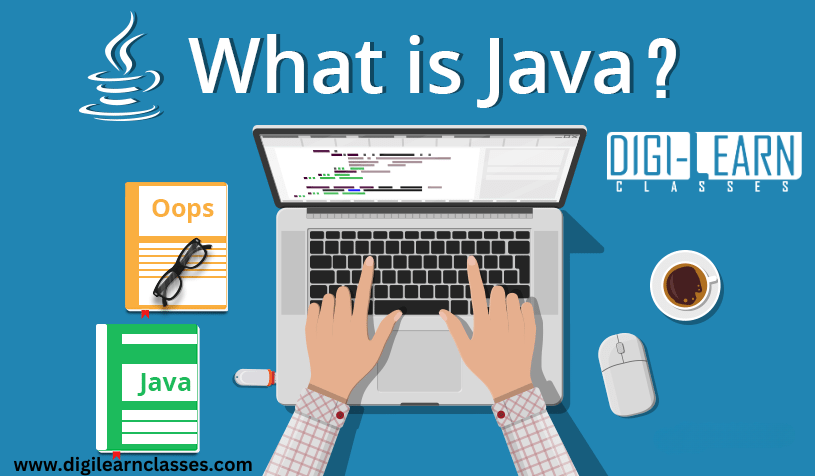What is Java?
What is Java, A widely-used, high-level, object-oriented programming language developed by Sun Microsystems (now owned by Oracle Corporation) in the mid-1990s. It was designed to be platform-independent, meaning that Java programs can run on any operating system or platform that has a Java Virtual Machine (JVM) installed, making it highly portable.
Key characteristics and features of Java include:
Platform independence:
Java achieves platform independence through the “Write Once, Run Anywhere” (WORA) principle. You can write Java code on one platform and run it on another platform with a compatible JVM, without modification.
Object-Oriented:
Java is an object-oriented programming (OOP) language, which means it uses objects to model and manipulate data and provides features like inheritance, encapsulation, and polymorphism.
Robust:
Java was designed with a strong emphasis on error checking during compilation and runtime, making it less prone to common programming errors.
Multi-threaded:
Java supports multithreading, allowing developers to write programs that can perform multiple tasks concurrently, which is crucial for developing applications that can handle multiple users or perform tasks in parallel.
Garbage Collection:
Java’s automatic garbage collection system manages memory by reclaiming memory occupied by objects that are no longer in use, simplifying memory management and reducing the risk of memory leaks.
Security:
Java has built-in security features, including a robust security model, which helps protect against viruses and malware.
Rich Standard Library:
Java comes with a comprehensive standard library that provides a wide range of pre-built classes and APIs for various tasks, such as networking, file I/O, data manipulation, and more.
Community and Ecosystem:
Java has a large and active developer community, which has contributed to the creation of numerous libraries, frameworks, and tools, making it suitable for a wide range of applications, including web development (Java EE), mobile app development (Android), and more.
Versatile:
Java can be used for a variety of application types, including desktop applications, web applications, mobile apps (Android), embedded systems, and server-side development.
Open Source:
While the core Java platform is largely controlled by Oracle, there are open-source implementations of the Java platform, such as OpenJDK, which are freely available and widely used.
Java has remained popular in enterprise-level software development and is also used extensively in Android app development. It continues to evolve with new features and updates to meet the changing needs of the software development community.


How Many Types of Java are there?
There are several different flavors or editions of Java, each designed for specific types of development. The main types of Java include:
Java Standard Edition(Java SE):
Also known as Java SE or J2SE (Java 2 Platform, Standard Edition).
Designed for developing standalone desktop and command-line applications.
It provides the core libraries and APIs for general-purpose Java programming.
Java Enterprise Edition (Java EE):
Formerly known as J2EE (Java 2 Platform, Enterprise Edition).
Geared toward developing large-scale, enterprise-level applications such as web applications, middleware, and server-side applications.
Provides additional libraries and specifications for distributed computing and web services.
Java Micro Edition(Java ME):
Designed for developing applications on resource-constrained devices like mobile phones, PDAs, and embedded systems.
Java ME has been largely replaced by other mobile development platforms, but it still has some niche applications.
Java Card:
A subset of Java ME designed for smart cards and other small-memory devices.
Used in applications like SIM cards, secure identification, and payment systems.
Android:
Although not a formal “edition” of Java, Android uses a modified version of Java for mobile application development.
Android’s flavor of Java includes its own libraries and runtime environment, which is distinct from standard Java SE.
JavaFX:
A platform for creating rich internet applications using Java.
Designed for developing cross-platform, multimedia-rich applications with a modern graphical user interface (GUI).
Java Embedded:
Tailored for developing applications on embedded systems and IoT (Internet of Things) devices.
Allows Java to run on a wide range of hardware, from small sensors to industrial machines.
Other Variants and Implementations:
There are also various implementations of the Java Virtual Machine (JVM), such as Oracle’s HotSpot, OpenJDK (open-source), and others. These may offer slightly different features or performance characteristics.
It’s important to note that while these different types of Java have distinct purposes and libraries, they all share the core Java language and syntax. This means that if you learn Java programming, you can apply your knowledge to various Java editions with some adjustments and additional learning as needed for specific platforms.



